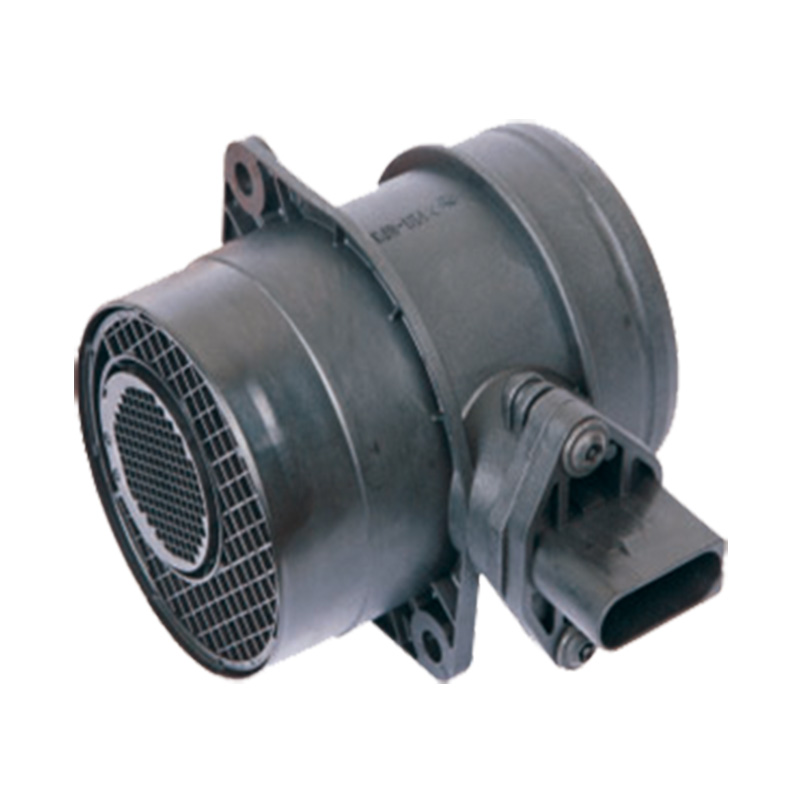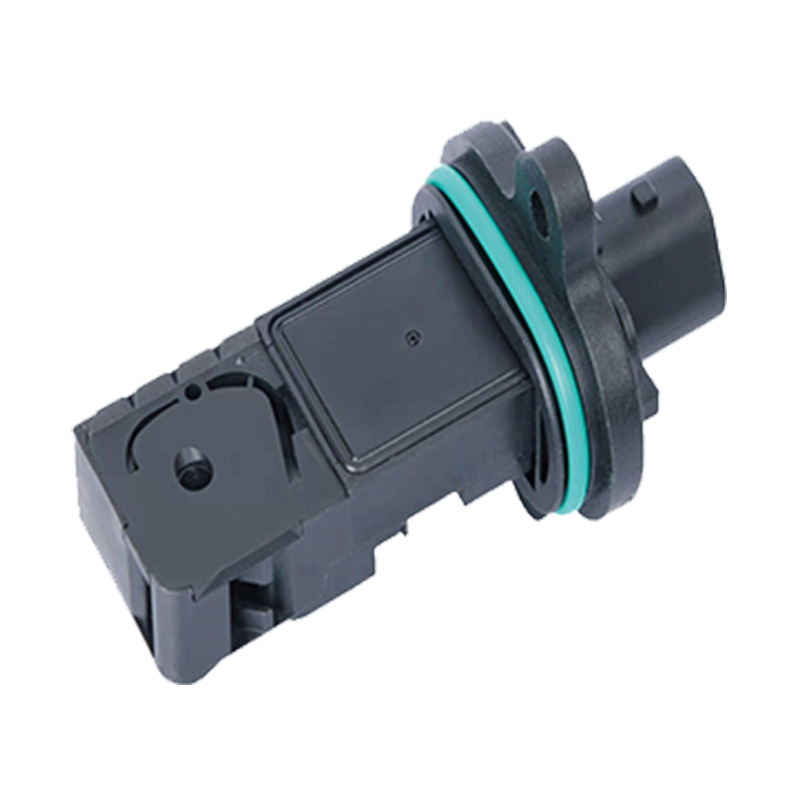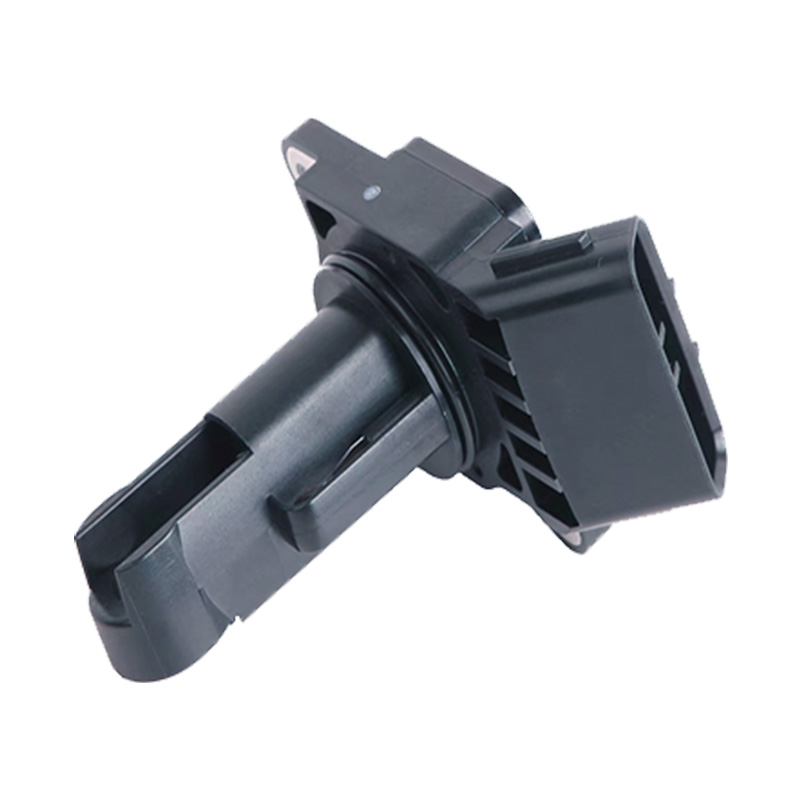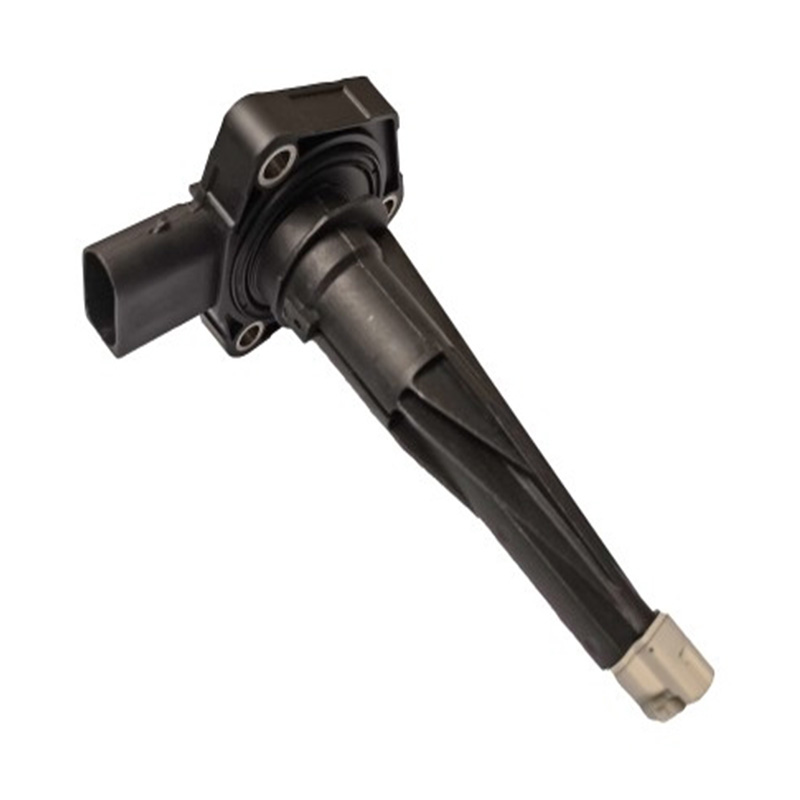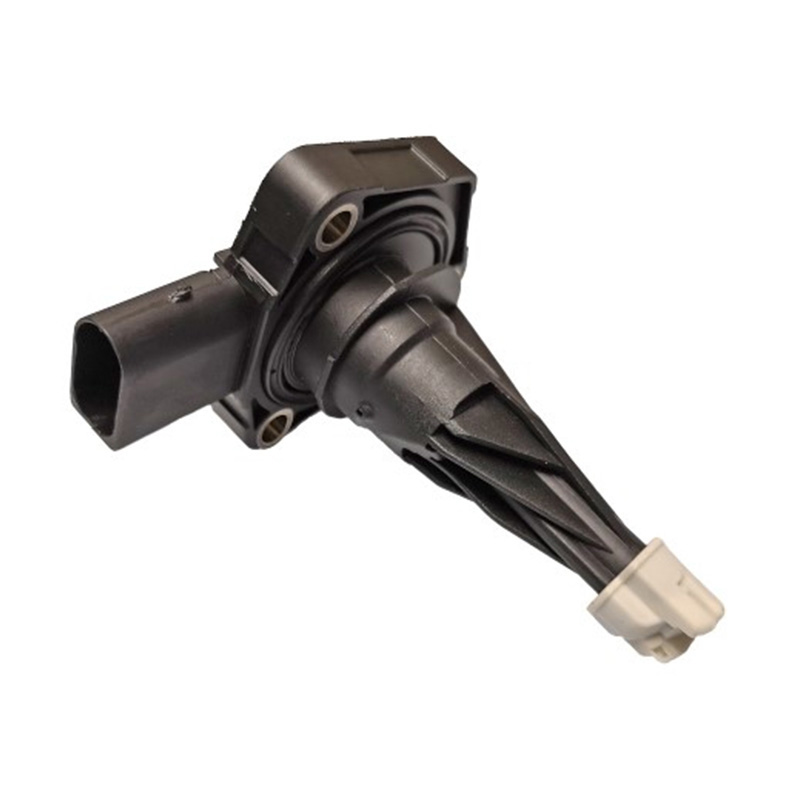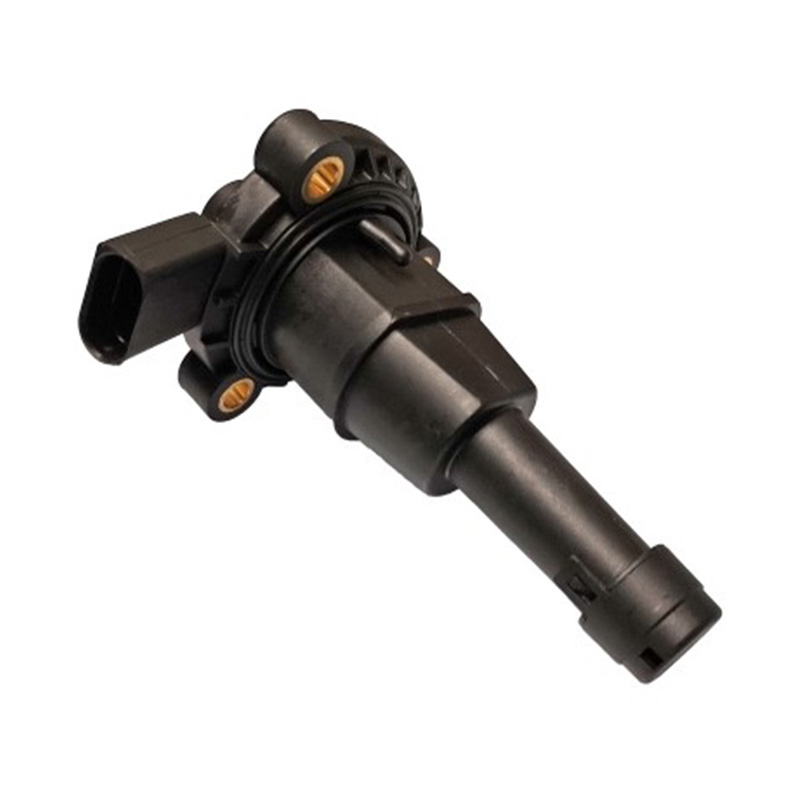OEM.NO:0281 002 461 0281 002 462 0986 284 007
See DetailsThe key role of mass air flow sensor in the automotive sector
OEM mass air flow sensor maker in China
In today's automotive world, the mass air flow sensor plays a crucial role. It is an indispensable part of the automobile engine management system and has a profound impact on the performance of the engine.
The main function of the Mass air flow sensor is to accurately measure the amount of air entering the engine. This data is crucial for the proper operation and performance optimization of the engine. In the fuel injection system of automobile, the air quantity information provided by mass air flow sensor is one of the key bases to determine the fuel injection quantity. Only when the amount of air entering the engine is accurately mastered, can the appropriate fuel and air mixture ratio be achieved to ensure the efficient combustion of the engine.
When the engine starts, the mass air flow sensor starts working. It monitors the flow of air into the engine in real time and transmits the data to the engine control unit (ECU). Based on the data from the mass air flow sensor, the ECU accurately calculates the amount of fuel needed to ensure that the engine can maintain stable operation under various working conditions. For example, at idle, the mass air flow sensor ensures that the amount of air entering the engine is steady, and the ECU adjusts the fuel injection accordingly to keep the engine at a steady idle speed.
The mass air flow sensor also has a key impact on the dynamic performance of the engine. A malfunctioning mass air flow sensor or inaccurate measurement may result in an imbalance in the fuel-air mix ratio. When the air volume measurement value is low, it will cause too much fuel injection, too strong mixture, and the engine may have problems such as power decline, fuel consumption increase, and exhaust emissions exceed the standard. On the contrary, if the air volume measurement is high, the fuel injection is too little, and the mixture is too thin, the engine may shake, accelerate and even stall.
In the acceleration process of the car, the mass air flow sensor plays an important role. As the driver presses down on the accelerator pedal, the amount of air entering the engine increases rapidly, and the mass air flow sensor is able to quickly sense this change and relay accurate information about the amount of air to the ECU. The ECU then adjusts the fuel injection so that the engine produces enough power to meet the acceleration needs.
In addition, the mass air flow sensor also has a direct impact on the emission performance of the engine. Accurate air volume measurements help achieve an ideal combustion process, reducing the emission of incompletely burned fuel and harmful gases. By working in tandem with other emission controls, the mass air flow sensor helps cars meet increasingly stringent environmental emissions standards.
In short, the mass air flow sensor has a wide range of applications in the automotive sector and is critical. By accurately measuring the amount of air entering the engine, it provides a solid guarantee for the stable operation of the engine, power output and environmental emissions. Whether it is a conventional fuel vehicle or a new hybrid electric vehicle, mass air flow sensor plays an integral role in ensuring that the vehicle engine always maintains good performance and provides the driver with a safe, comfortable and efficient driving experience. With the continuous development of automotive technology, the mass air flow sensor will continue to evolve and improve, and continue to play a key role in the automotive field.
